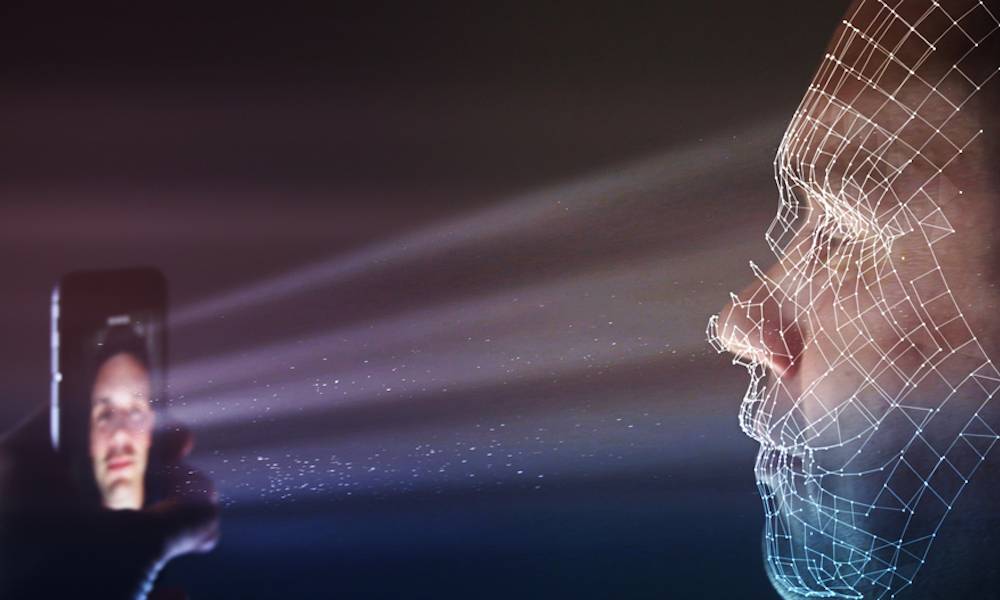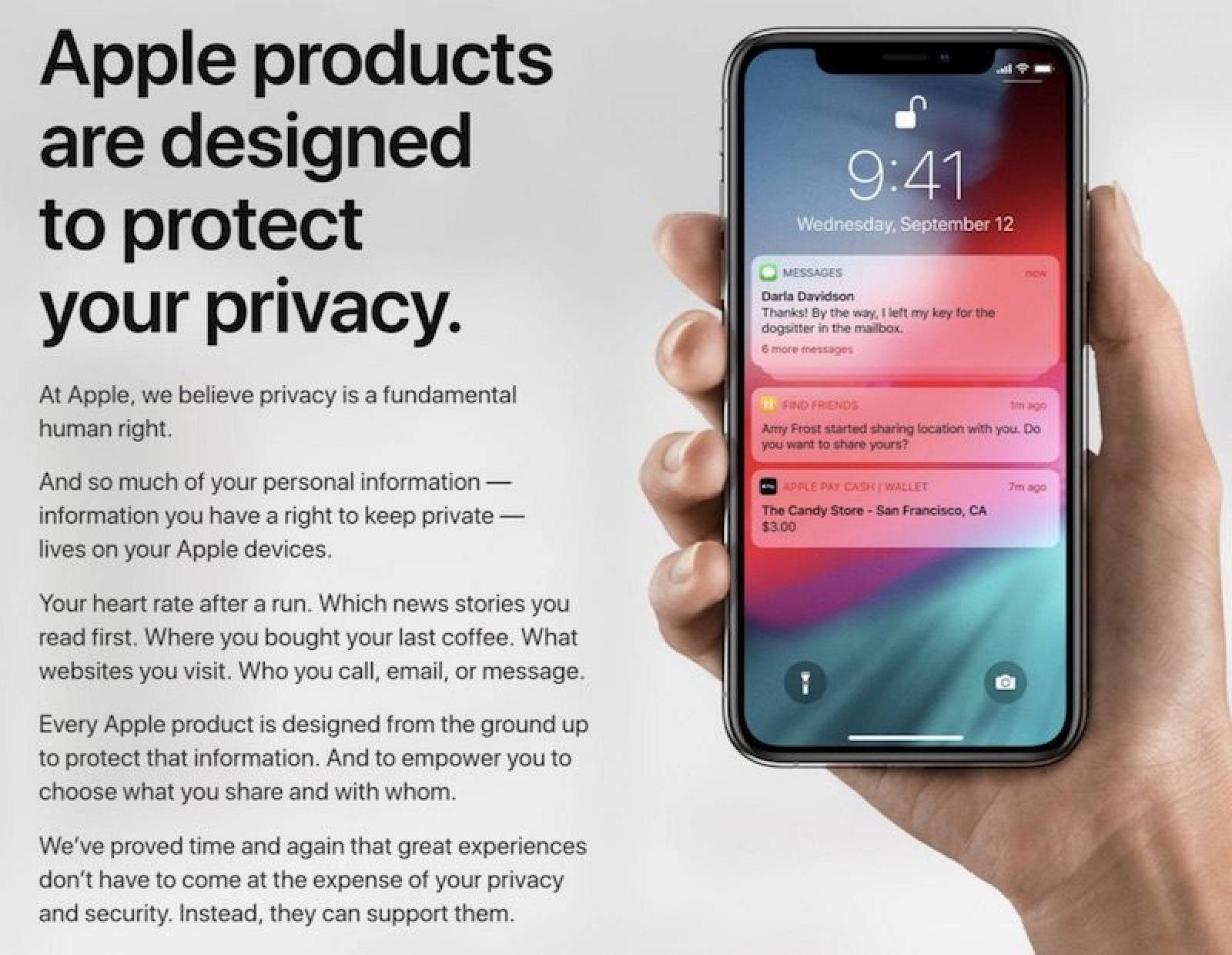How Apple Set the New Standard for Privacy Protection in Tech
 Credit: Sp3n / Shutterstock
Credit: Sp3n / Shutterstock
Toggle Dark Mode
Just weeks after the launch of its latest iPhones and Macs, Apple has followed up with a refresh of its privacy page and settings for the benefit of consumers, which reiterates its long-standing commitment to privacy as a “fundamental human right”.
To further reassure Apple users that their data is in good hands, Apple has upgraded iOS 12 and macOS Mojave with helpful security upgrades and patches. Your messages and FaceTime video calls are protected with end-to-end encryption.
On top of that, Apple is now allowing users to look up all of the personal information that Apple has on them via a new privacy portal. The portal bolsters the narrative promoted by Apple that its technology is the product as opposed to the consumer. In an interview earlier this year, Apple CEO Tim Cook said:
“The truth is, we could make a ton of money if we monetized our customer — if our customer was our product. We’ve elected not to do that.”

Apple has already tested its new privacy portal in Europe, timing the launch date to coincide with the EU’s own launch of its own sweeping privacy legislation entitled General Data Protection Legislation.
The privacy portal shows that Apple generally collects data such as your calendar entries, photos, documents, purchases, and website bookmarks. When a Techcrunch reporter tried out the feature, he found that Apple only had a few pages worth of data on him.
Apple’s other updates to iOS and macOS also provide extra measures of security and privacy to customers. They feature something called “Intelligent Tracking Prevention”, which aims to limit data collection for the purposes of targeted advertising as well as a practice called “machine fingerprinting”, which is used by companies to identify your device.
Unlike other tech companies, Apple claims that it does not harvest your data to create a personal profile of you. Instead, it has adopted a protocol called “differential privacy” which allows its iPhones to use your data to provide personalized service without sending that data to Apple’s servers. When Apple does upload your data, it is depersonalized and stripped of identifying markers so that no one at the company, or at intelligence services for that matter, can identify you.
This rigorous approach to consumer privacy has put Apple at odds with government—most famously in 2016 when the iPhone maker clashed with the FBI over its refusal to unlock a device used by the San Bernardino shooter. At the time, Cook noted that products like the iPhone are “deeply personal” and affirmed that “responsibility to protect your data and your privacy.”
In this regard, Apple can be seen as something of an outlier. It recently submitted a petition to the Australian government urging it not to weaken encryption standards by creating backdoors, in response to legislation proposed in the Australian Parliament.
As new forms of technology proliferate, the risks to consumer privacy grow exponentially. Apple noted in its submission that a trillion transactions are conducted online each day, speaking to a need for stronger—not weaker—encryption standards. It’s a good thing that a company as influential and popular as Apple has opted to take a proactive stance on the issue, even if it irks government officials from time to time.






